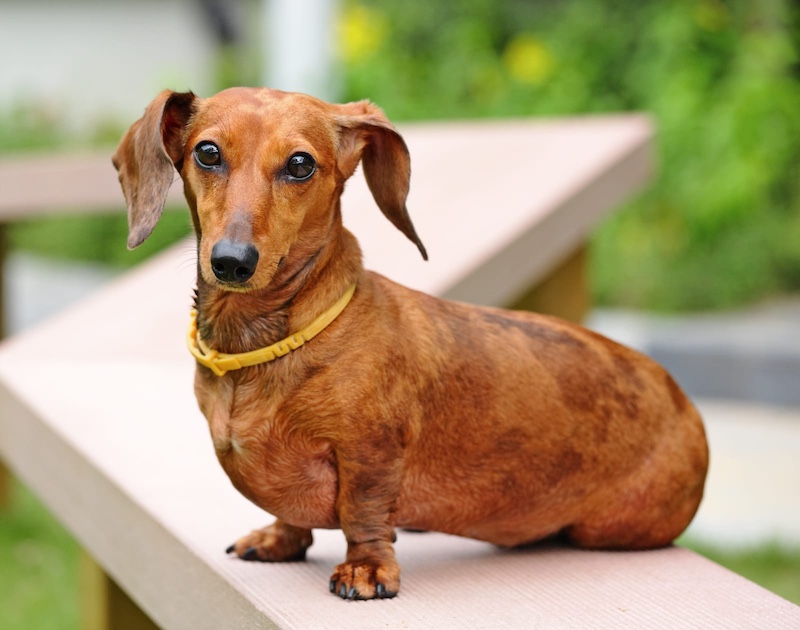Not every dog is a natural fit for family life with young children. Many breeds are beloved for their gentle and patient nature, but others have traits that make them better suited for adult-only homes. Whether it’s due to size, temperament, or sensitivity to chaos, some dogs simply don’t enjoy the unpredictable energy of kids. Here are 10 breeds that generally aren’t the best match for little ones.
Chihuahua
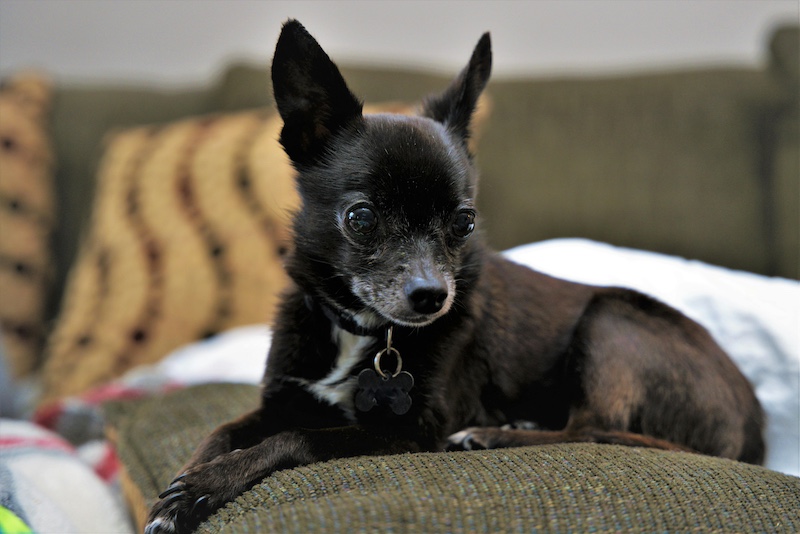
Chihuahuas may be small, but their personalities are anything but. These tiny dogs are known for their fierce loyalty to one person and often don’t take kindly to being handled by strangers—including children. They can be nippy when startled or annoyed, and their low threshold for rough handling makes them a risky choice for homes with toddlers. According to the American Temperament Test Society (ATTS), Chihuahuas have one of the lower pass rates among small breeds.
Afghan Hound
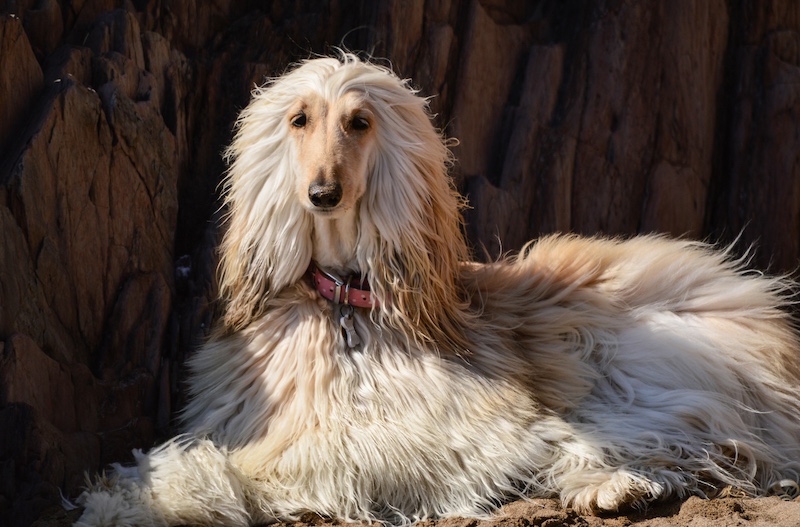
Graceful and dignified, Afghan Hounds are famously aloof. They prefer quiet, calm environments and don’t respond well to chaos or loud noises—two things that come standard in homes with kids. Their independent streak means they aren’t eager to please, and they may walk away (or bolt) instead of tolerate childlike behavior.
Alaskan Malamute
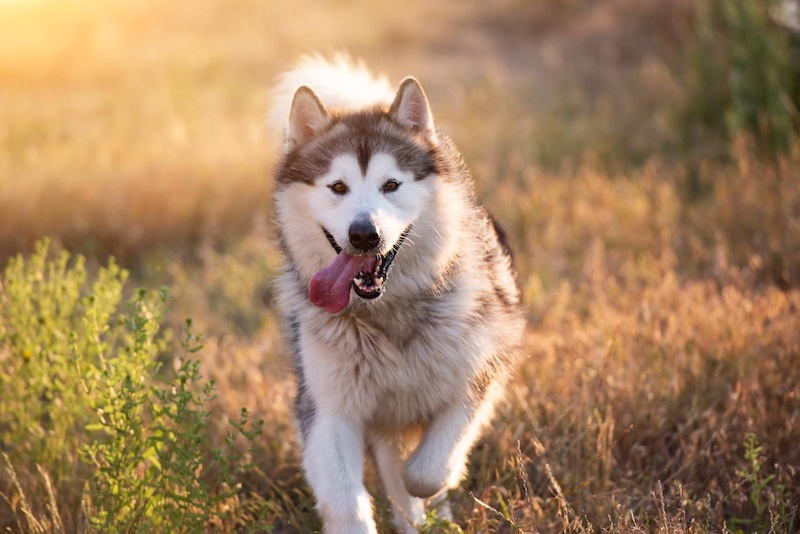
This powerful northern breed was built for endurance, not playdates. Alaskan Malamutes are strong-willed, high-energy, and can be difficult to train. Their size alone can be overwhelming for kids, and without firm leadership, they may become overly dominant or even aggressive. They’re best suited for experienced dog owners with older, dog-savvy family members.
Dachshund

Bred to hunt burrowing animals, Dachshunds have bold, confident personalities and a tendency to be territorial. Many don’t like being picked up, and their long backs are sensitive to injury, especially from rough play. A 2008 study published in Applied Animal Behaviour Science ranked Dachshunds among the most likely breeds to bite humans—making supervision critical if kids are around.
Shar Pei
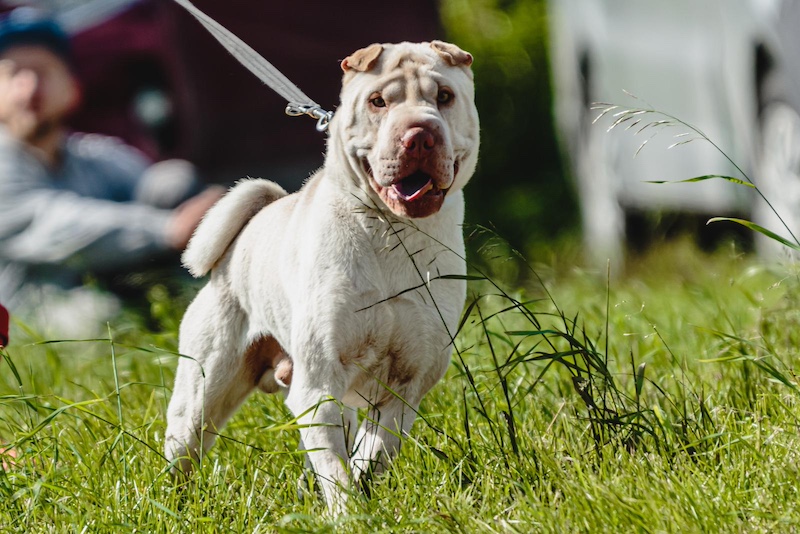
With their signature wrinkles and squishy faces, Shar Peis look huggable—but they’re known for their serious, independent personalities. They’re not big fans of strangers and may be standoffish with children who aren’t part of their immediate “pack.” Shar Peis also require strong socialization early on to avoid guarding behaviors, which can lead to problems in busy households.
Weimaraner
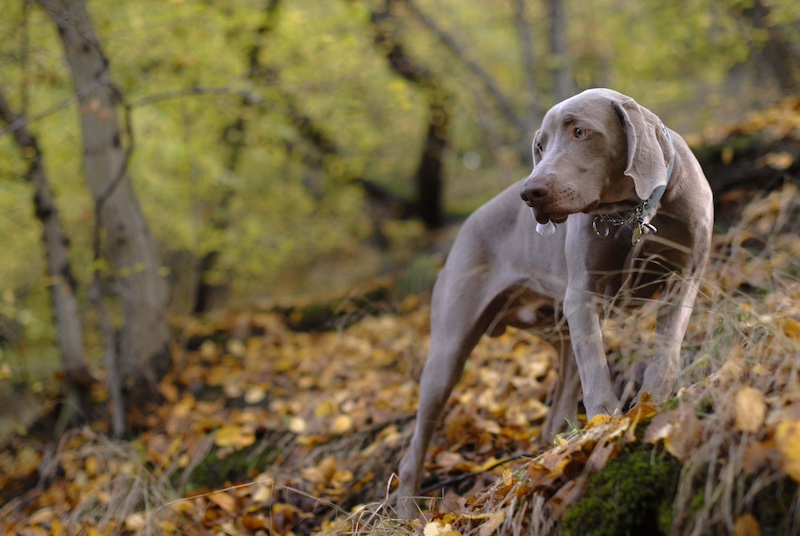
Weimaraners are energetic and intelligent, but they need a lot of physical and mental stimulation. Without it, they become anxious and destructive. Their intensity and size can be too much for kids, and they may react poorly to teasing or rough handling. These dogs thrive in structured, active adult households.
Border Collie
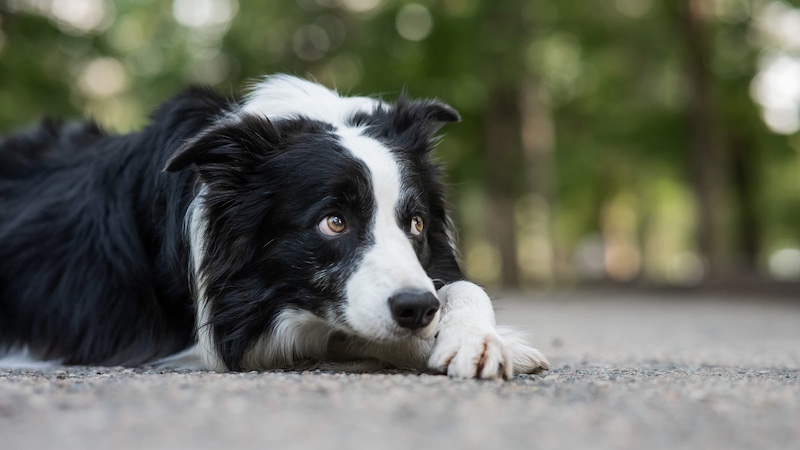
Border Collies are among the smartest dog breeds, but with that intelligence comes a serious need for purpose. They’re sensitive to noise, motion, and energy—all things kids bring in abundance. Many Border Collies instinctively nip at moving things (including running children) as part of their herding behavior, which can lead to accidental bites.
Akita
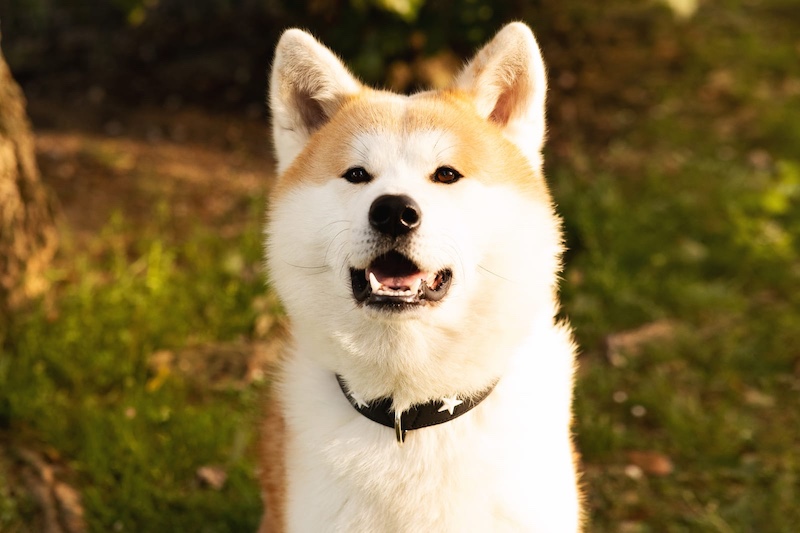
Akitas are large, loyal, and strong-willed. While they may be loving toward their immediate family, they’re often aloof or even suspicious of strangers—including visiting kids. They don’t tolerate teasing or roughhousing and require an experienced handler to prevent dominant or protective behavior from turning aggressive.
Basenji
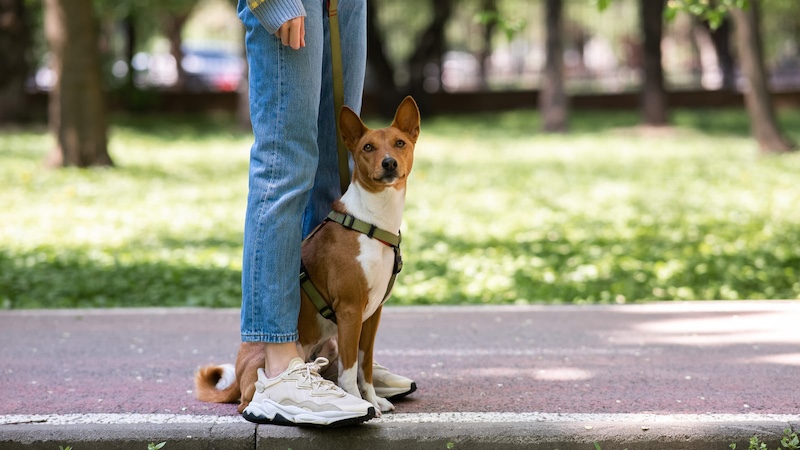
Often described as “barkless” dogs, Basenjis are quiet but not necessarily calm. They’re independent, cat-like, and not particularly interested in pleasing people. Many are territorial and reactive to sudden movements. Their stubbornness can make training a challenge, especially for households that need a patient, forgiving companion.
Shih Tzu
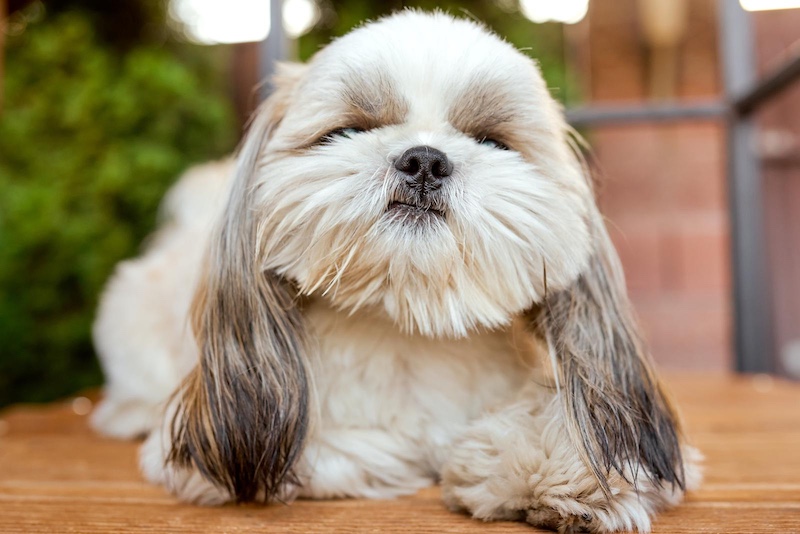
Shih Tzus may look like perfect lapdogs, but many don’t enjoy being handled roughly or unexpectedly—which is common with kids. Without early socialization, they may become possessive or reactive. While some do fine with respectful older children, this breed often prefers a calmer, quieter home.
- Please Note: This content was created with the assistance of AI and thoroughly edited by a human before publishing.

